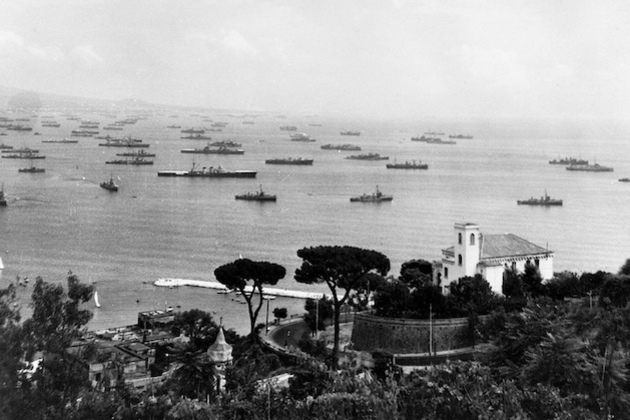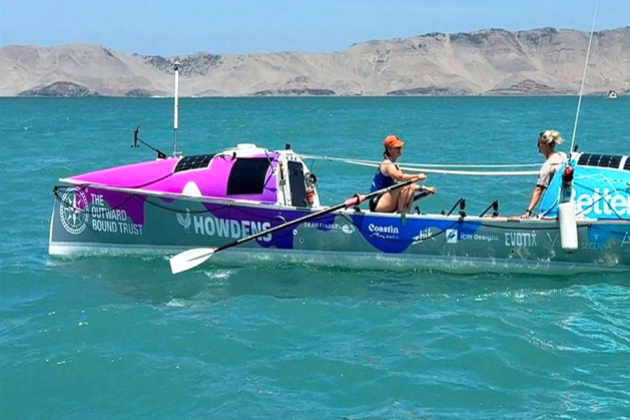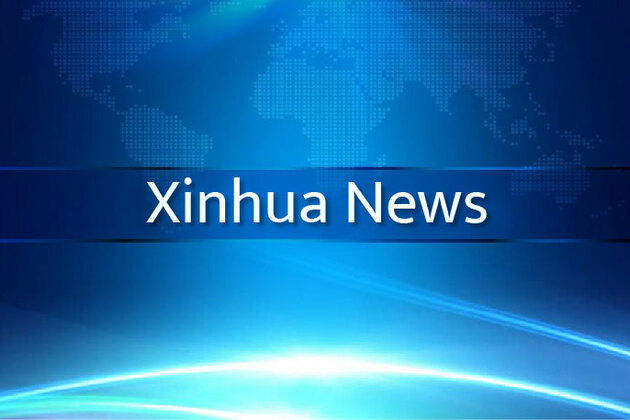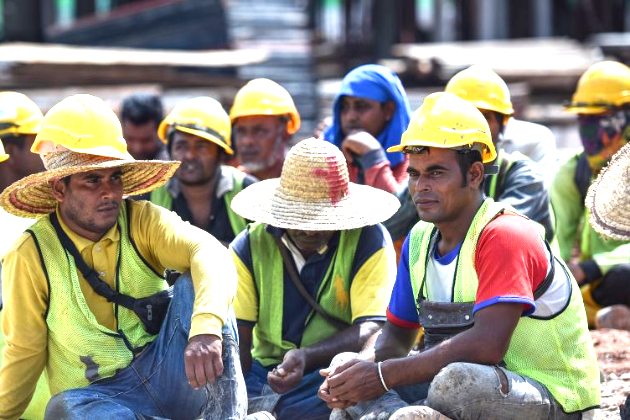IAEA Launches SMR School as Africa Looks to Nuclear Energy
International Atomic Energy Agency
13 May 2025, 20:00 GMT+10
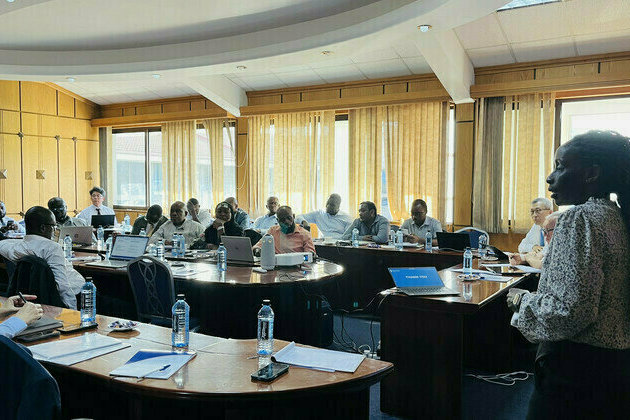
The IAEA has launched a new initiative to inform governments, regulators and industry players in countries around the world about small modular reactors and their potential role in the energy mix.
Hosted by the government of Kenya, the first such small modular reactor (SMR) training, known as an SMR School, took part in Nairobi from 5-9 May with a focus on African countries, with 28 participants including officials, policy makers and managers of organizations implementing nuclear programmes in Kenya, Ghana, Niger, Nigeria, Uganda and Zambia. Future SMR Schools are already planned for Asia and Latin America.
“As an embarking country, Kenya recognizes the critical role of SMRs in bridging gaps in clean and affordable energy access, supporting industrial growth, and complementing our renewable ambitions,” said Serah Esendi, Acting CEO of the Nuclear Power and Energy Agency (NuPEA) of Kenya. “This school serves as a catalyst, equipping our technical teams, regulators, and future leaders with the expertise required to navigate the complexities of nuclear technology deployment responsibly and efficiently.”
Africa’s Nuclear Power Push
In Africa, nuclear power is expanding and the IAEA is supporting countries in the development of the necessary infrastructure for safe and secure nuclear energy. Egypt is building its first plant, comprised of four large reactors, and South Africa is planning to expand Africa’s only existing nuclear power programme. Many more African countries are exploring SMRs in their energy mix.

School participants and IAEA staff at the SMR School in Kenya, 5-9 May 2025. (Photo: IAEA)
Benefits of SMRs
A fraction the size of large reactors, SMRs are under development around the world, with China and Russia having already deployed their first units. With lower upfront costs and flexibility to work in tandem with renewables such as solar and wind, SMRs are expected to make nuclear power a more accessible option amid a global consensus on expanding nuclear power that emerged in 2023 at the United Nations Climate Change Conference (COP28) in Dubai.
The inaugural SMR School was the first event for high level officials covering key aspects of SMRs, including technology development and demonstration, legal frameworks, stakeholder engagement, and safety, security and safeguards.
“The technical presentations, discussions, and shared experiences deepened our understanding of SMR deployment and regulatory considerations,” said Rasheed Adeola Ogunola of the Nigeria Atomic Energy Commission. “We also appreciated learning about the publications and services available to support Member States in building safe and effective nuclear programmes. This knowledge will directly inform our next steps as we progress through the nuclear power programme development milestones.”
“As countries seek clean and reliable solutions to their energy and development challenges, they are increasingly looking to nuclear energy as an option, particularly SMRs,” said Dohee Hahn, IAEA Platform Coordinator. “The new IAEA SMR School aims to fill a critical gap for countries in better understanding the array of issues involved in the development and deployment of this promising new technology.”
IAEA Support on SMRs
Asia and Latin America are slotted to be the next venues for the IAEA SMR School. Thailand will host a school on 21-25 July in Bangkok with participants from Azerbaijan, Cambodia, Estonia, Jordan, Kazakhstan, Kuwait, Malaysia, Mongolia, Saudi Arabia, Serbia, Thailand and Uzbekistan. The Latin America session will take place in Buenos Aires on 25-29 August with participants from Argentina, Bolivia, Brazil, Columbia, the Dominican Republic, El Salvador, Guatemala, Jamaica, Paraguay and Peru.
The IAEA provides comprehensive support to countries on the development, deployment and oversight of SMRs through its SMR Platform, Nuclear Harmonization and Standardization Initiative and SMR Regulators’ Forum. In addition, the IAEA supports nuclear newcomer countries in developing the necessary infrastructure for safe and secure nuclear power through its Milestones Approach and associated Integrated Nuclear Infrastructure Review (INIR) service. The IAEA use its regular budget, technical cooperation funds and extrabudgetary contributions to support these activities.
 Share
Share
 Tweet
Tweet
 Share
Share
 Flip
Flip
 Email
Email
Watch latest videos
Subscribe and Follow
Get a daily dose of Brazil Sun news through our daily email, its complimentary and keeps you fully up to date with world and business news as well.
News RELEASES
Publish news of your business, community or sports group, personnel appointments, major event and more by submitting a news release to Brazil Sun.
More InformationSouth America
SectionAWS to invest $4 billion in first Chile data centers
SANTIAGO, Chile: Amazon Web Services (AWS) will invest US$4 billion to establish its first data centers in Chile, aiming to tap into...
Father of Pope Leo XIV was lieutenant in U.S. Navy
Pope Leo XIV's father, Louis Marius Prevost, served in the U.S. Navy during World War II. Prevost Snr. was born on July 28, 1920,...
British female duo resumes 8,000-mile Pacific rowing challenge
LIMA, Peru: Two British women, Miriam Payne (25) and Jess Rowe (28) have restarted their bold journey to row 8,000 miles non-stop across...
IAEA Launches SMR School as Africa Looks to Nuclear Energy
The IAEA has launched a new initiative to inform governments, regulators and industry players in countries around the world about small...
Update: China, Brazil issue joint statement on Ukraine crisis
BEIJING, May 13 (Xinhua) -- China and Brazil issued a joint statement on the Ukraine crisis on Tuesday, welcoming Russian President...
Ancient Chinese garments find their way into global wardrobes
An Italian guest tries Hanfu at a Hanfu base in Caoxian County, east China's Shandong Province, April 8, 2025. (Xinhua/Guo Xulei)JINAN,...
Business
SectionApple’s AI Safari push threatens Google’s iPhone search dominance
CUPERTINO, California: Apple's plan to introduce AI-powered search options on its Safari browser poses a major challenge to Google,...
Foreign workers drive post-pandemic growth in eurozone: ECB
FRANKFURT, Germany: Foreign workers have emerged as a critical force behind the euro zone's economic growth since the pandemic, offsetting...
Trump trade agreement sends Wall Street soaring
NEW YORK, New York - U.S. stocks surged on Monday following news that the Trump administration had agreed to a 90-day reduction of...
De-escalations in India, Pakistan, China and U.S. fuel Asian stocks rally
SYDNEY, NSW, Australia - Stocks in Asia and the pacific have closed significantly higher following ceasefires in India-Pakistan hostilities,...
Toyota warns of 21% profit drop amid Trump tariffs, weak dollar
TOKYO, Japan: Toyota Motor Corp is bracing for a 21 percent decline in full-year profit, as the impact of President Donald Trump's...
Nordic, Baltic nations plan offline card payments amid rising risks
HELSINKI, Finland: In response to rising geopolitical risks, Finland, Sweden, Norway, Denmark, and Estonia are preparing to roll out...


